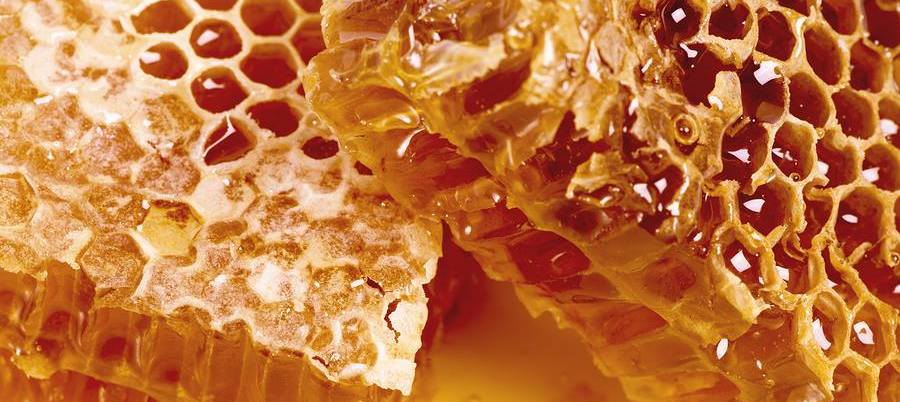
The School Hive
A hive in the school grounds is not as daunting as it might sound. In the first instance the Bee Farmer performs an evaluation of the grounds and suggests potential site or the lack of a suitable site. The primary focus of the evaluation is the suitability of the site from the bee's perspective. Secondly the suitability of the site from the school's perspective. If the bees are happy they are easy neighbours.
Experience has shown that once the student's have been through the bee sessions they understand the bee's behaviours, respect the colony and leave it alone. We often find students looking at the hives and discussing what they see from what they have learned.
This school hive project has several phases.
Learning about the bees. See the "Talks" page
Building the hive from a flat pack
Decorating the hive. It needs paint to protect the wood from the elements.
Installing the first colony
An early summer colony inspection
Late summer inspection
Harvest
Extraction
Bottling

Building the Hive and Decorating
A hive is a simple box of wood made from six pieces of pre-cut timber. There are two sizes of box. A deeper box called the Brood Box and two shallower boxes called supers. Within each boxes are 11 frames made of four pieces of pre-cut timber. Fabricating the boxes and frames is a simple job. A class of 30, 7 year old students can complete the task to a reasonable standard in an afternoon. No cutting is needed. Simply glue, nails and hammer complete the task.
When the hive has been built it is left with the school to decorate the outside of the hive. The hive needs weather proofing. Eastern Europe has a tradition of highly decorative hives. Google for "Decorate Bee Hives"

Installation and inspections
The bees to populate the empty school hive are provided by the Bee Farmer. The installation is simply to remove the frames of the colony from the traveling box to the hive. The students encouraged do this under supervision. Students should record the event and will get their first look at their colony.
The bees need to be inspected on a regular basis through the summer. The Bee Farmer normally carries out these inspections but it can be arranged for students accompany the Bee Farmer to inspect the bees on a rolling basis. They should be able to record the growth since installation. The Bee Farmer continues to look after the bees through holiday periods. It is good to weigh the bees before the summer break and afterwards. It gives an opportunity to do some maths and re-engage with the bees.

Harvest
If all goes well through the year there will be a modest amount of honey to harvest. The Bee Farmer brings a honey extractor to school. The students are shown what the bees have produced and the extraction process is explained. Under supervision the students uncap the frames then extract the honey. This process is best carried out in the school kitchens or dining room rather than the classroom. The students come to understand the value of the bees efforts and the value of the honey as a food.

Bottling & Marketing
The honey is harvested into buckets at extraction. At a later date the honey is re-filtered, settled and put into jars. This exercise can be carried out at the Bee Farmer's facility or at school. Proper food management processes are observed which is explained to the students. The students do the bottling.
The students are encouraged to design labels for their honey crop. The Bee Farmer explains the legal requirements for the label. The students incorporate this information into their design. The label design can be arranged as a competition where the winning label is attached to all jars or the students can design one each. The honey is then sold to either the parents or on the open market at a Christmas fair for school funds or project for instance.
Note:
The Bee Farmer provides the jars and lids.
The Bee Farmer does not need to deliver the session on labels. The information is shared with the teacher who can incorporate the work into the school day.
The school hive scheme runs throughout the year and can provide an anchor for related environmental. Schools have been able to secure funding from various bodies to cover either the school hive scheme or wider projects such as flower beds. The schedule of the sessions is organised to fit in the with the students timetable. Any session connected with beekeeping needs to be scheduled for a timetable slot immediately after lunch. It is a warmest part of the day and is when the bees are at their most amenable.
Note;
I have a enhanced DBS certificate
An indepentdent reference on this scheme is available
To discuss the potential for your school, please email info@thebeefarmer.co.uk







